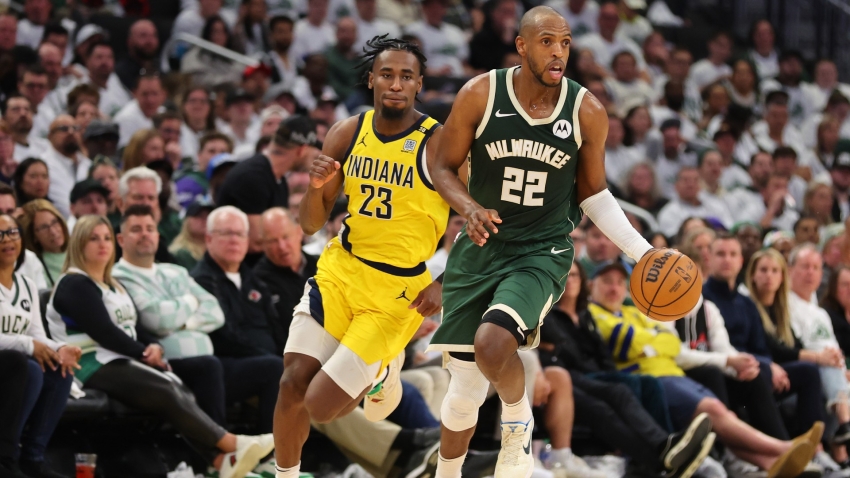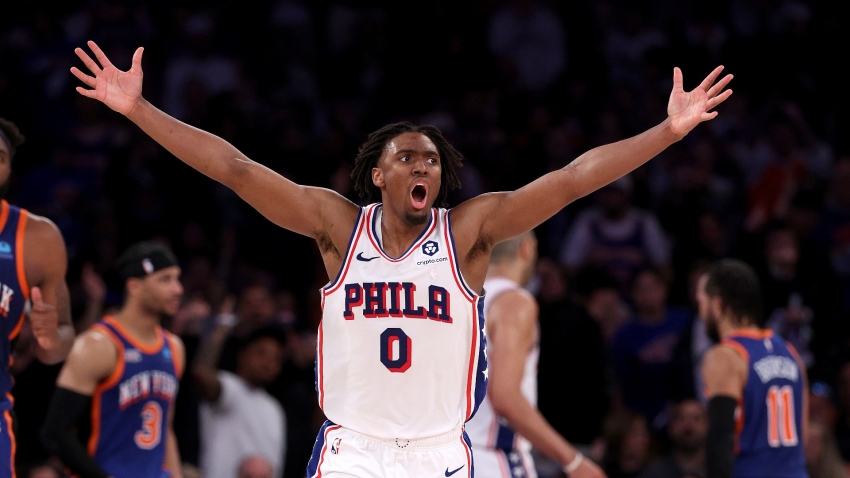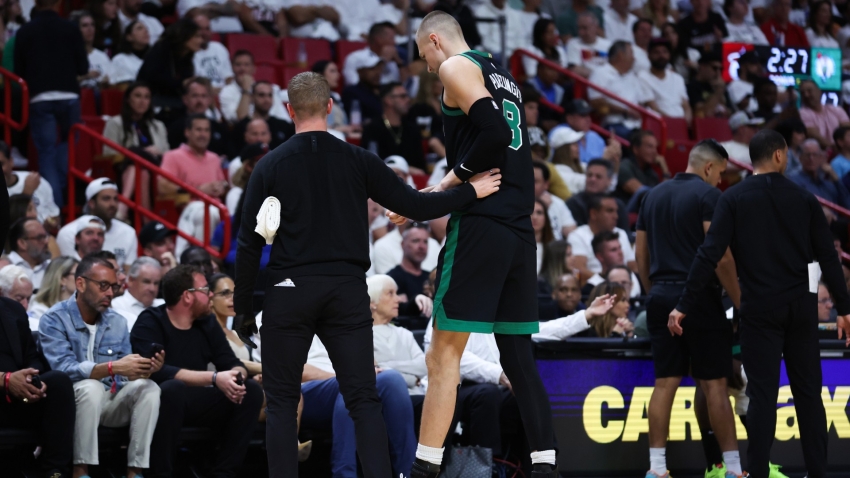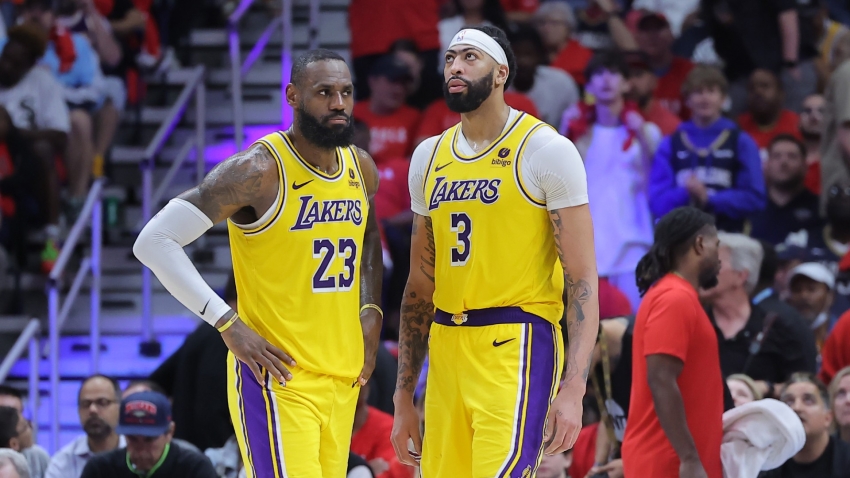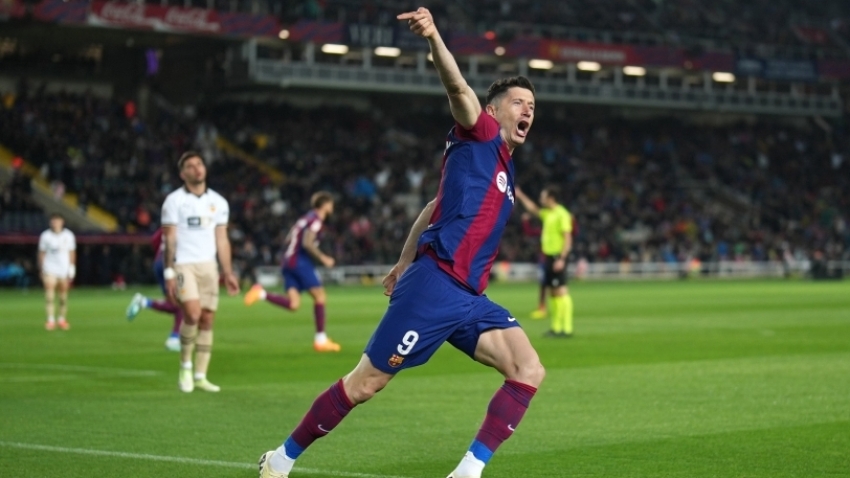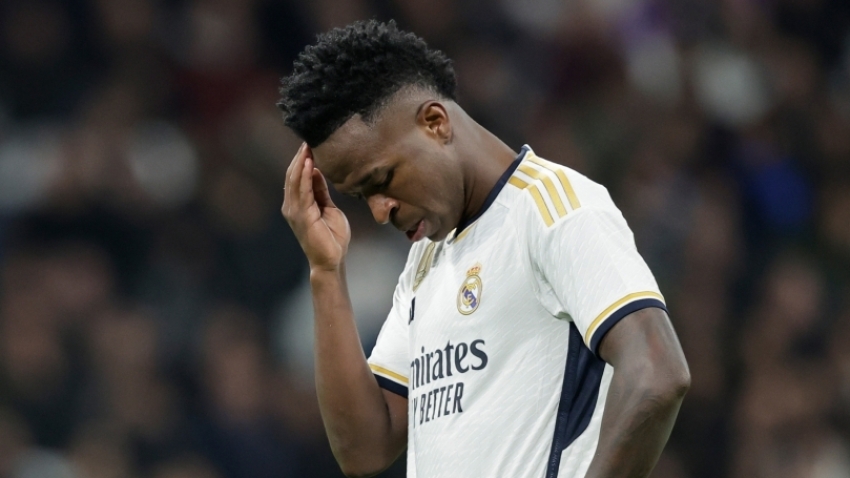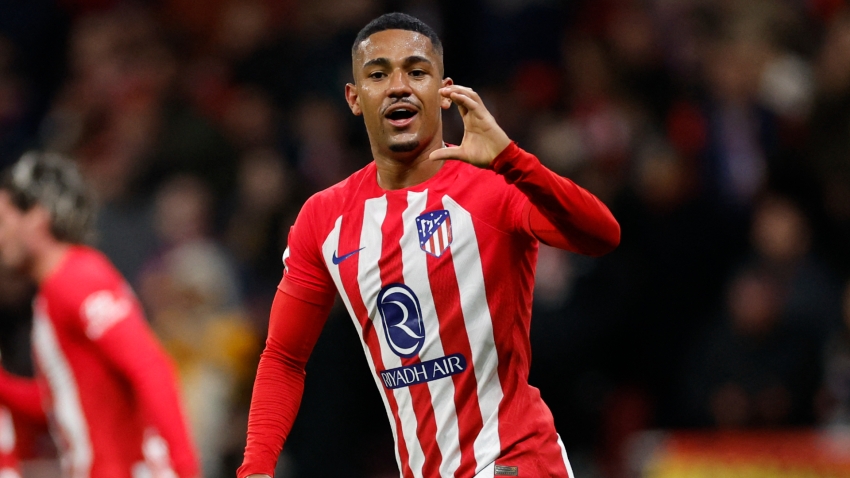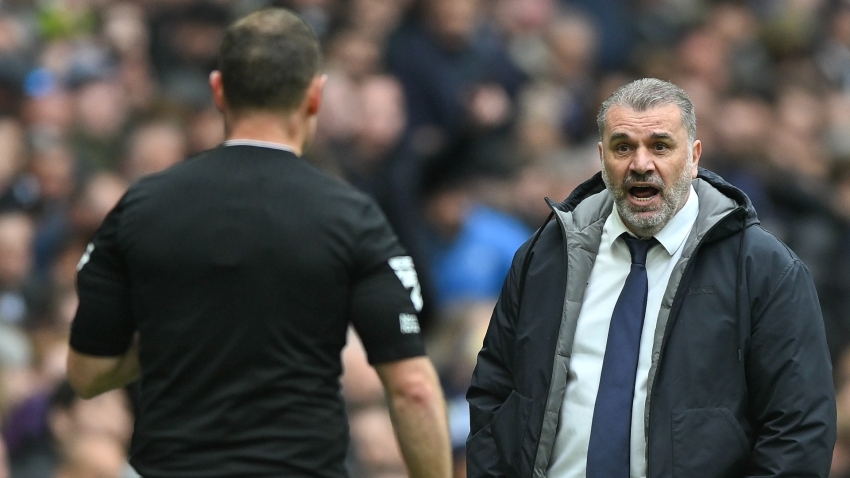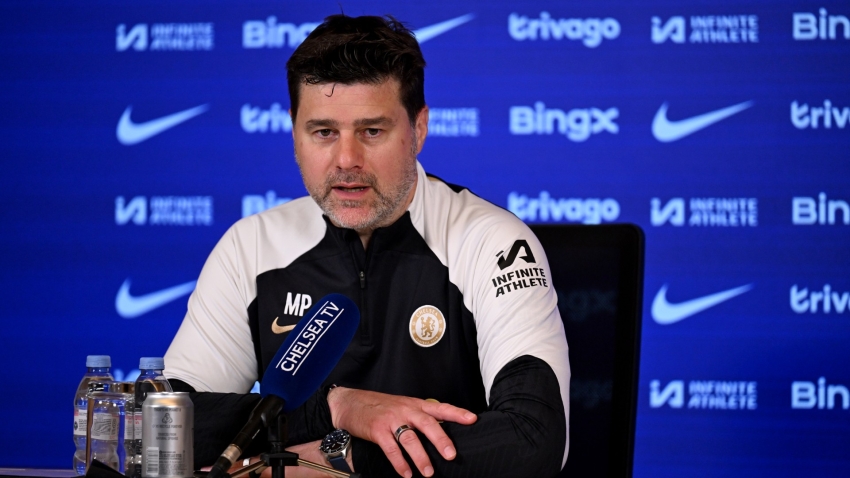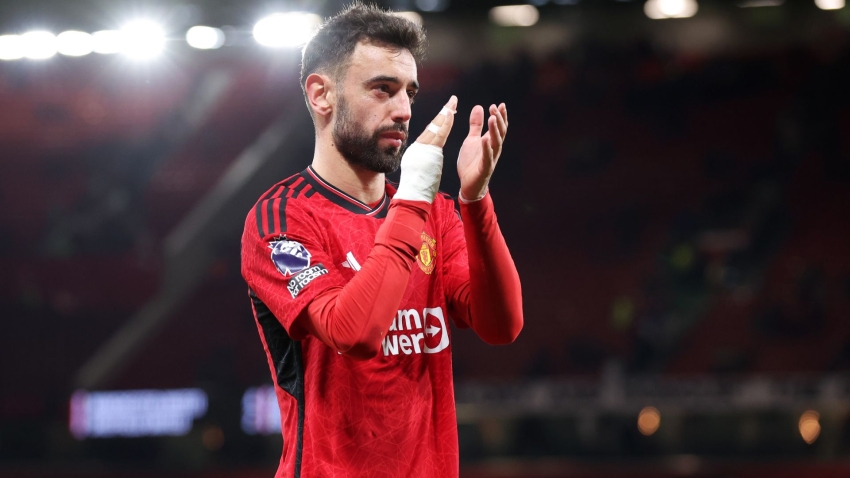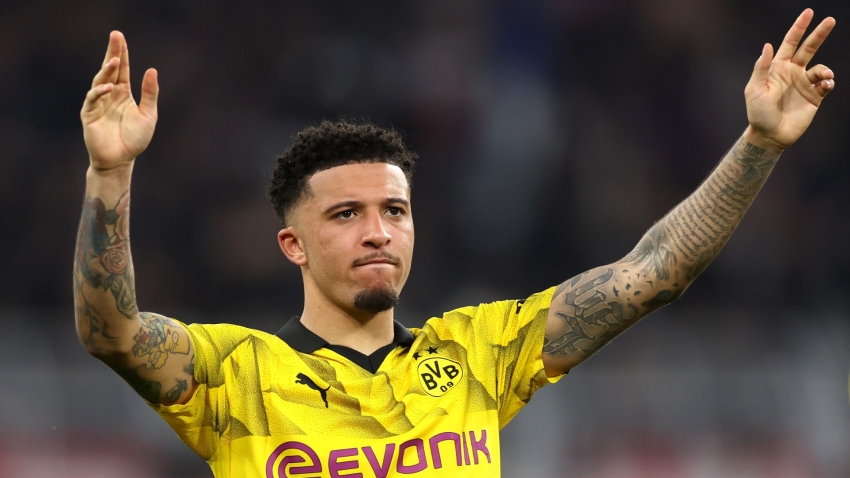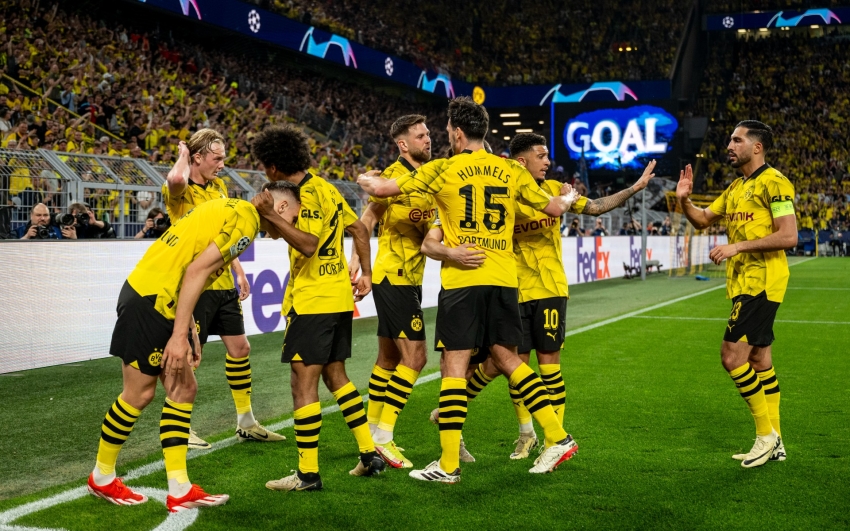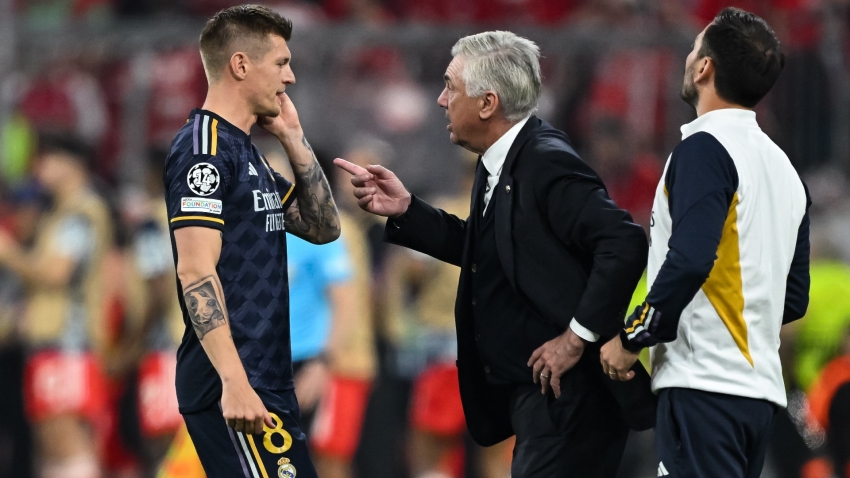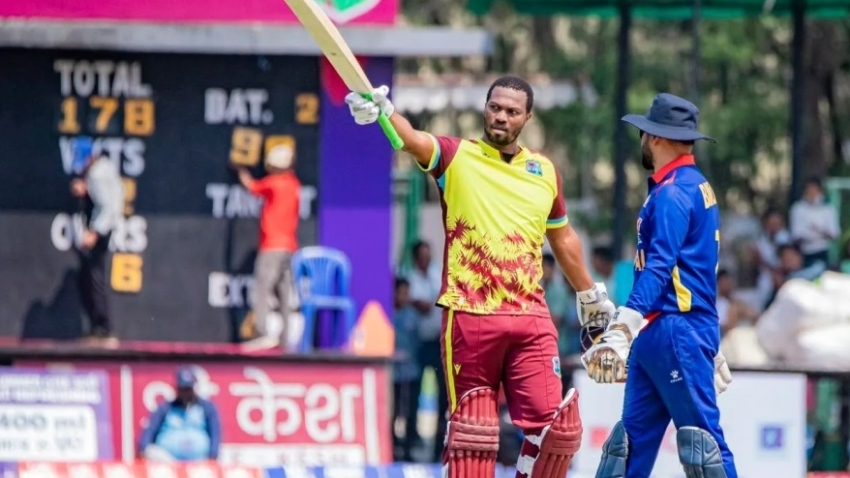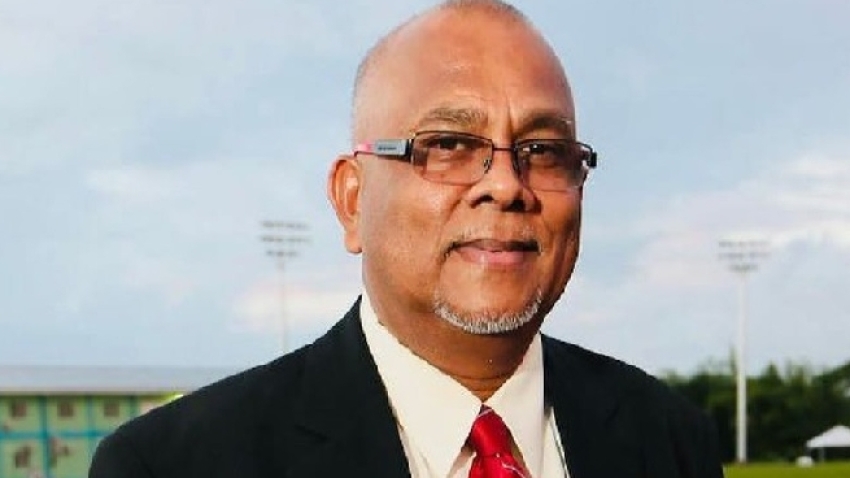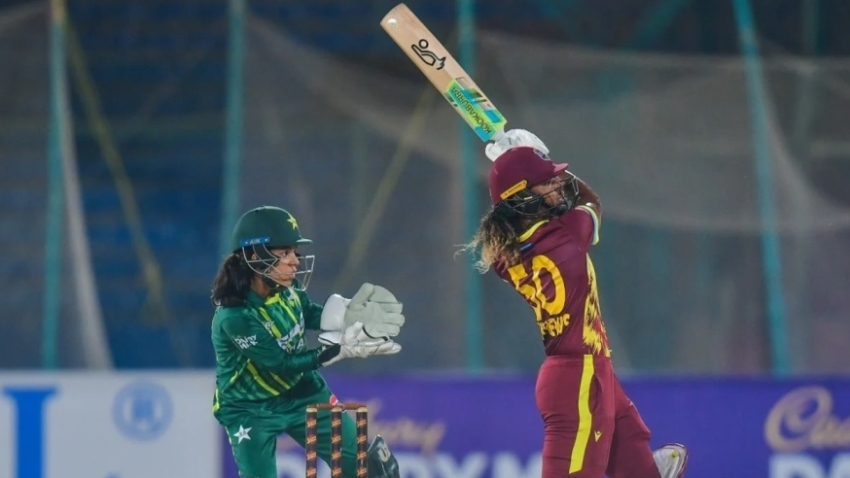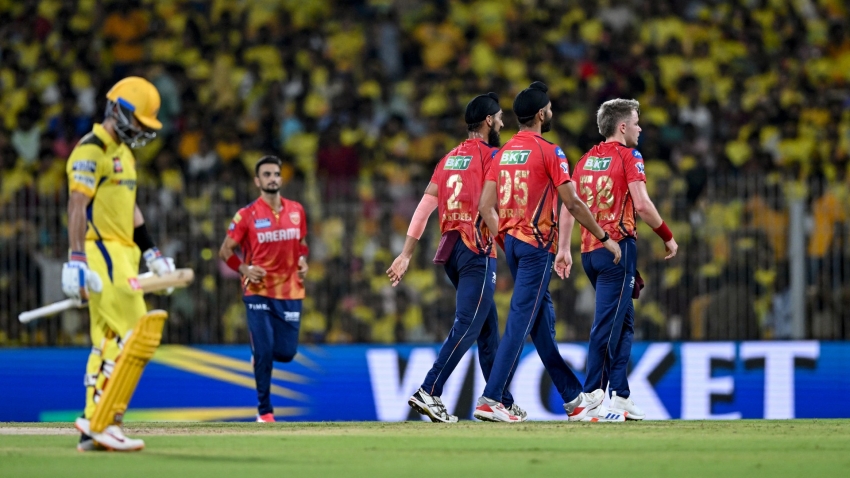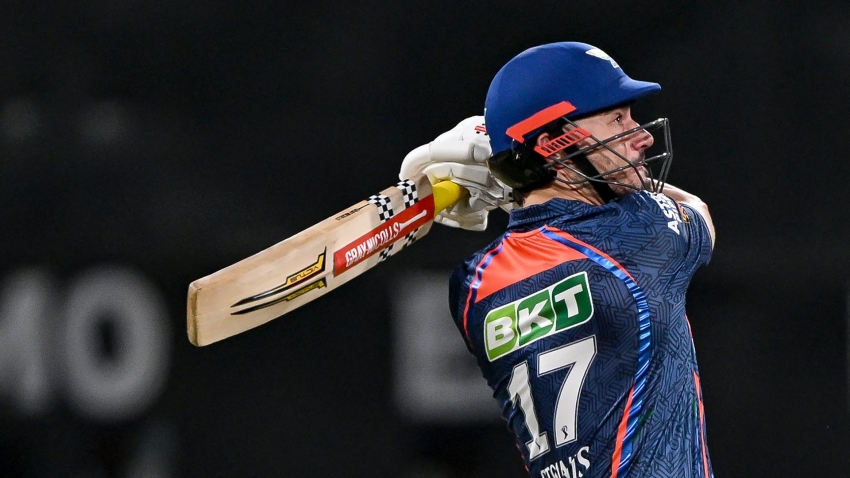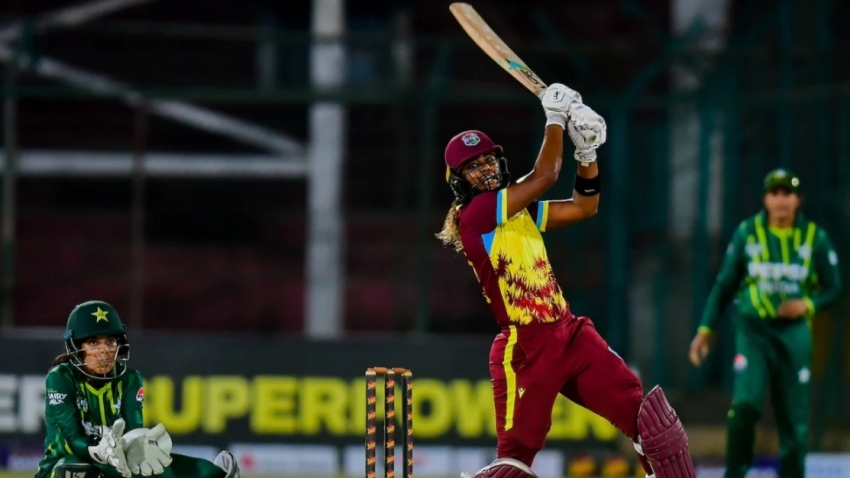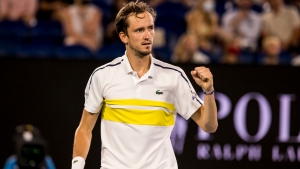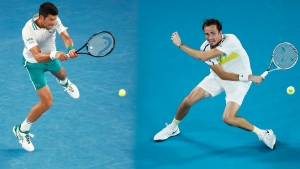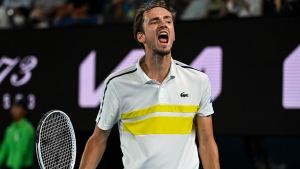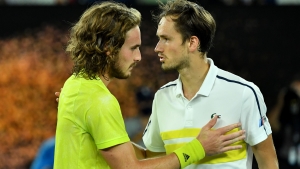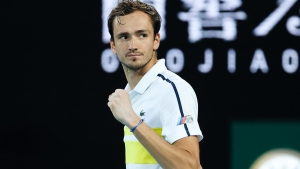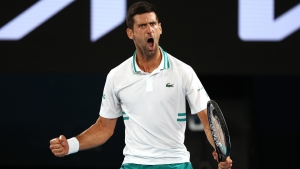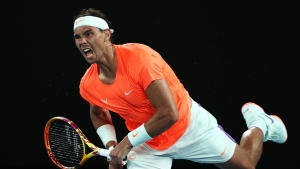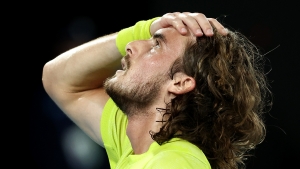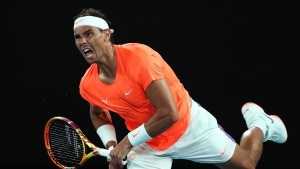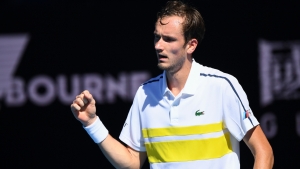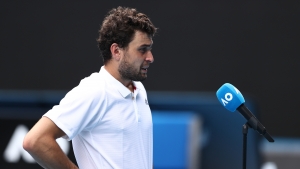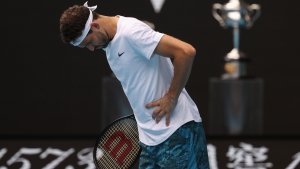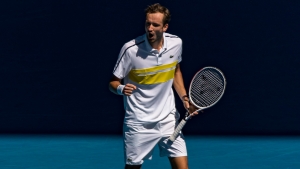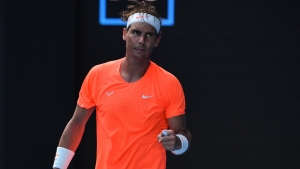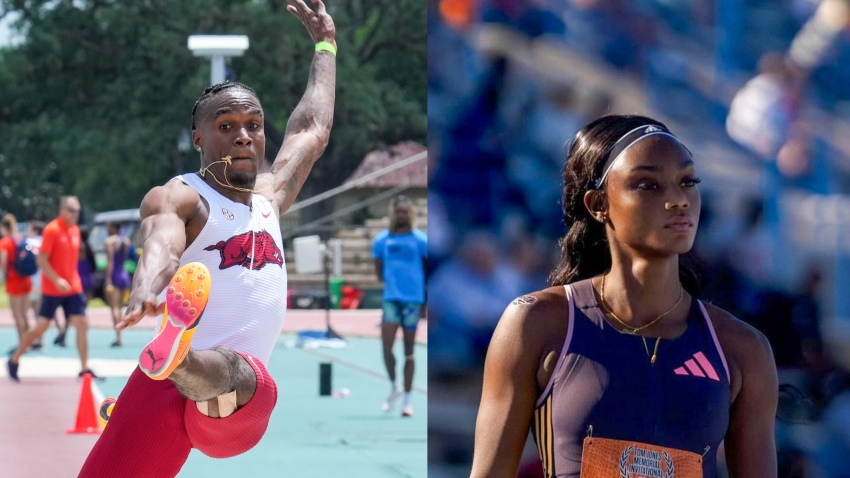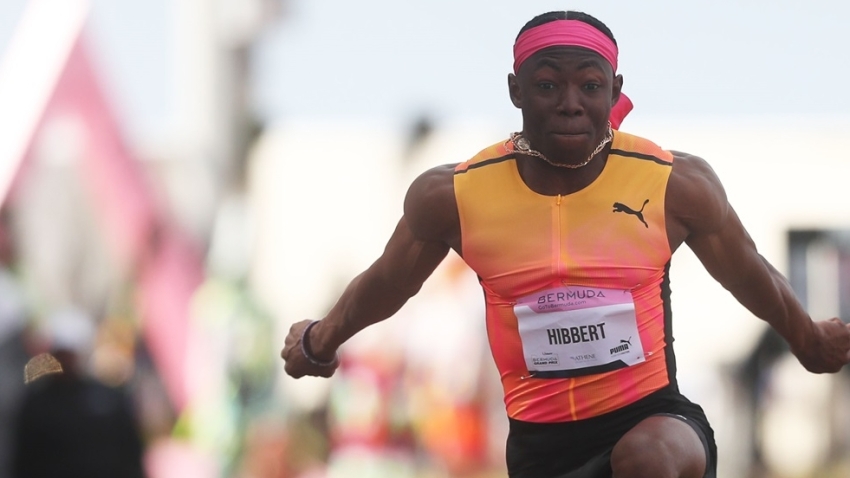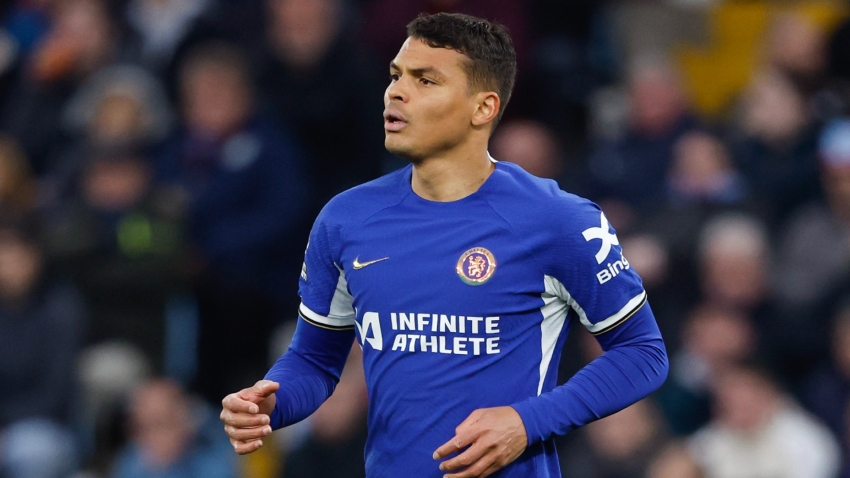Rafael Nadal insists he was not struggling with injury as he crashed out of the Australian Open but acknowledged a lack of match practice could have contributed to his quarter-final collapse against Stefanos Tsitsipas.
The 20-time grand slam champion was dealing with a back issue at the start of the tournament, although he managed to advance to the last eight without dropping a set.
That impressive run appeared set to continue as Nadal won the opening two sets against fifth seed Tsitsipas, only for the match to turn on its head after a tie-break in the third
Tsitsipas emerged a 3-6 2-6 7-6 (7-4) 6-4 7-5 winner after just over four hours, becoming only the second player – after Fabio Fognini – to triumph from two sets down against Nadal at a major.
Post-match questions put to Nadal predictably centred on the potential impact of his back woe, but he insisted there was no physical pain on Wednesday.
However, reflecting on "just another story in my tennis career", the Spaniard repeatedly referred to the difficulty of preparing for a tournament amid such problems.
"I think I was in great condition before here," he said. "Then I've been a bit unfortunate for what happened for 20 days, and then I fight back to play, I think, decent tennis.
"Today wasn't enough. It was close, just that's tennis. That's all. That's the sport. One player wins; the other loses.
"Today I lost, so the only thing that I can do is try to be better next time, and today congratulate him."
Claiming the key was instead two costly mini-breaks in the breaker, Nadal added: "I am not complaining much.
"I think physically, it has been a very humid day out there. Physically I was not fantastic but not bad, you know? I was able to fight until the end, and that's it.
"The whole issue is I missed an easy smash at the beginning of the third, an easy forehand with 2-1 in the tie-break, and then another smash in that tie-break.
"That tie-break I made a couple of mistakes that I can't make to win the match. He played well then later. Well done."
Nadal was chasing a record-breaking 21st major championship, yet only one of those triumphs has come in Melbourne – back in 2009.
The 34-year-old has lost four finals, as well as regularly dealing with injury concerns at the first slam of the season.
But asked if he felt "cursed", he responded firmly: "No. No, no, no. That's sport. Sometimes things go well; other times things goes worse.
"Unfortunately for me, in this tournament, I had more injuries than in the others. Then matches that you lose like today against one of the best players of the world is something that happens.
"No, no, no. Not at all feeling unlucky for me and not at all complaining about my luck here in Australia.
"Everyone has what we deserve. Tennis isn't a sport that is fair. I have what I deserved in my career, and over here in Australia I had chances, but I was not able to convert it. That's all. I didn't deserve more."
Use of the word "unlucky" brought a similar response, as Nadal insisted he was not looking for excuses.
"We can find excuses or reasons or maybe this quarantine that we need to be more time in the room than usual, yes, maybe," he said. "But I am not the guy that is going to find excuses on that or going to complain about what happened, no.
"Just accept. I never considered myself an unlucky person at all. It doesn't matter the injuries that I had. I think I am very lucky person.
"The only thing that I can do is just keep going. I put myself in a position, even with the challenges that I faced, that I was in quarter-finals with two sets up, close to being in the semi-finals.
"So, it has been a chance lost, yes, but life continues. I hope to keep having chances. Well, I'm going to keep fighting for it."


